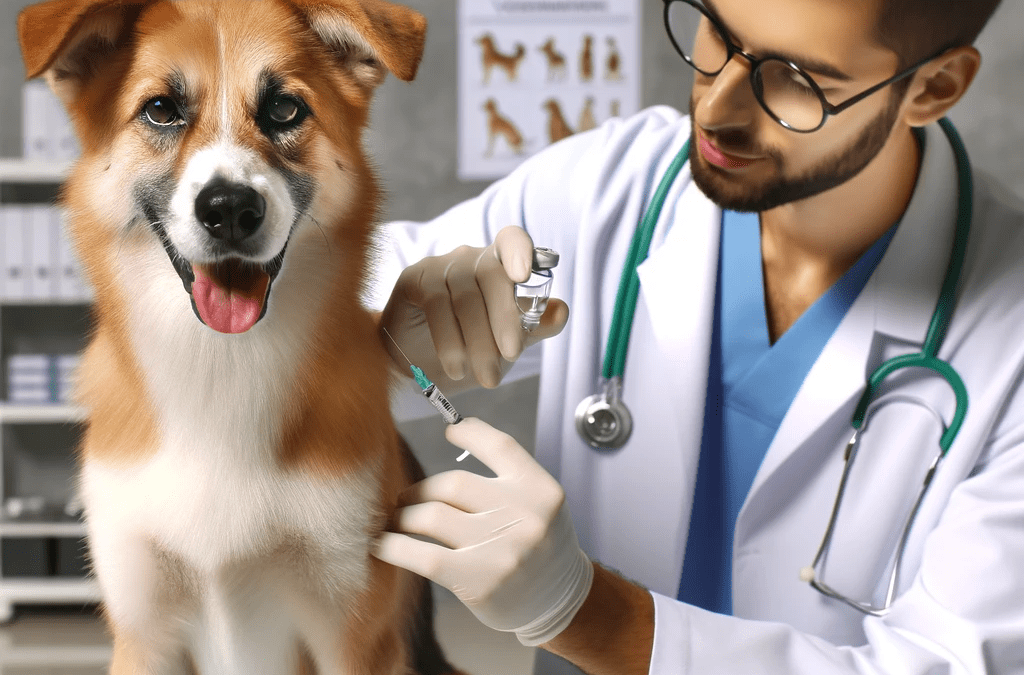As responsible pet owners, the health and well-being of our furry companions are always a top priorityand we need to understand the importance of dog vaccinations. One of the most crucial steps in ensuring their long-term health is staying up-to-date with vaccinations. Vaccinating your dog is not just a medical necessity; it’s a vital part of responsible pet care.
Vaccinations play a critical role in protecting your dog from various infectious and potentially deadly diseases. Just like human vaccines, dog vaccinations work by preparing the immune system to recognize and combat specific pathogens. These vaccines are designed to provide immunity against diseases like rabies, distemper, parvovirus, hepatitis, and others.
Rabies, for instance, is a fatal disease that can affect all mammals, including humans. It’s required by law in many places to vaccinate dogs against rabies. This not only protects your dog but also helps in safeguarding public health. Canine parvovirus and distemper are other highly contagious viruses that can lead to severe illness and even death in dogs. Vaccinations are the most effective way to prevent these diseases.
Moreover, vaccinating your dog isn’t just about their individual health. It’s about herd immunity as well. When most dogs in a community are vaccinated, it significantly reduces the spread of disease, protecting even those who can’t be vaccinated due to health reasons, like very young puppies or dogs with certain medical conditions.
It’s also important to remember that many boarding facilities, doggy daycares, and training classes require proof of vaccinations for enrollment. This policy is in place to protect all the dogs in these environments. So, keeping up with your dog’s vaccinations ensures that they can socialize and interact with other dogs safely.
Puppies typically start their vaccination series at around 6-8 weeks of age and continue with boosters until they’re about 16 weeks old. After this initial series, dogs need regular boosters throughout their life. Your veterinarian will recommend a vaccination schedule that’s appropriate for your dog’s age, lifestyle, and health status.
However, it’s important to discuss with your veterinarian about the right vaccinations for your dog. Some vaccines are considered “core” due to their universal importance, while others are “non-core” and may be recommended based on your dog’s exposure risk.
In conclusion, keeping your dog up-to-date on vaccinations is a key part of keeping them healthy and happy. It’s not only a protective shield against various diseases but also a passport for them to explore the world safely, be it in dog parks, boarding facilities, or even dog-friendly cafes like K9 Barks n Brews. Remember, a vaccinated dog is not just a healthier dog, but also a safer companion for everyone.

